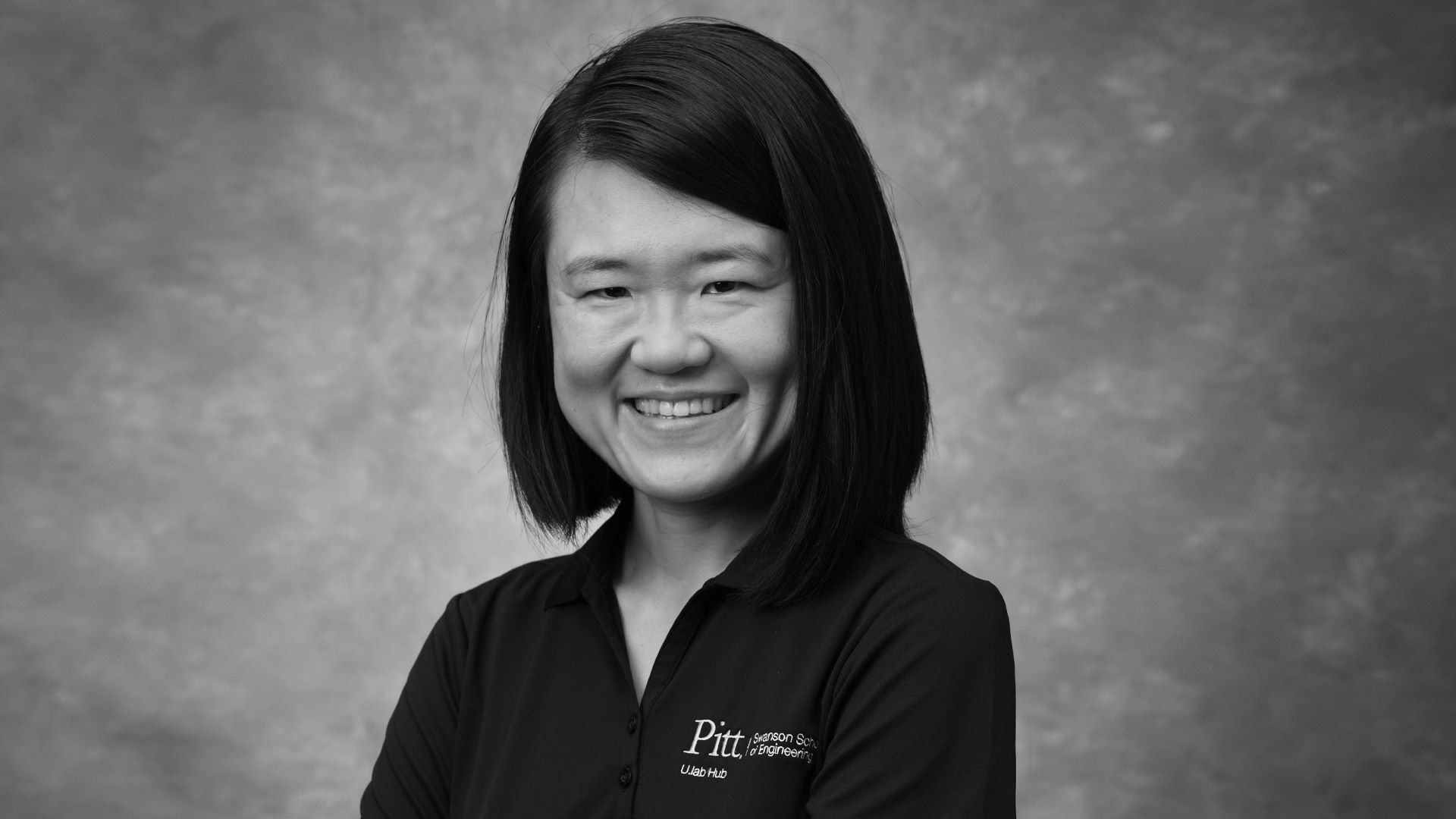
Finding Unity in Diversity - Part One by Gemma Jiang, PhD.
In this ongoing exploration into the integration of principles from complex adaptive systems and the wisdom of Daoist Yin/Yang philosophy, we turn our attention to the dynamic interplay of diversity and unity as the focal point of our inquiry. Complex adaptive systems offer the potential for positive-sum outcomes, and our aim is to delve into the synergy between diversity and unity, emphasizing the possibility of achieving a harmonious balance between these essential aspects.
Our objectives for this session are as follows:
- Investigate the synergy between complexity science and Daoism, examining how the integration of modern scientific insights with ancient philosophical wisdom can provide invaluable clarity for navigating complexity.
- Utilize the diversity/unity lens to comprehend mental complexity in adult development, positing that as mental complexity deepens, there is a tendency towards greater unity, allowing for the incorporation of a broader array of diverse elements.
- Enhance understanding through a personal developmental narrative, contextualized within cultural responses to emotions.
This inaugural segment of the series aims to uncover the fundamental meta-pattern of diversity/unity within the subject-object relationship framework as it relates to adult development. To delve deeper into these concepts, we invite you to explore the accompanying blog posts: "Diversity and Unity: An Yin/Yang Pair" and "Diversity and Unity: Subject - Object relationship." Subsequent installments will continue this exploration across various conceptual frameworks and life scenarios.
-----
Dr. Gemma Jiang has established an extensive practice in complexity leadership through her experience and expertise. She is the founder and director of the Organizational Innovation Lab in the Swanson School of Engineering, founding host of the Pitt u.lab hub as well as the Adaptive Space at the University of Pittsburgh.
Currently, her work is focused on National Science Foundation cross-disciplinary scientific research grants. In her research, she applies complexity leadership theory, social network analysis, and a suite of facilitation methods to enable transdisciplinary teams to converge upon solutions for challenges of societal importance. Issues her teams are addressing include the circular economy, decentralizing water, food, energy and materials systems, assistive technology, and mining critical elements.
Another area of her work is focused on developing community capacity for complexity through hosting communities of learning such as the Pitt u.lab hub and the Adaptive Space. These learning and practice groups bridge the knowing-doing gap and develop the collective capacity needed for social transformation.
Rewatch all DD sessions.
Thank you for joining our free Dialogic Drinks sessions. Since 2020 we have hosted over 800 hours of global dialogues with participants from all parts of the world. To continue this we rely on your support. If you can, consider a membership which will give you access to catch up on over 100 different topics from complexity science to future leadership, behaviour, narrative intelligence, climate crisis, organisational culture, and much more.
Watch recordings >Below time zone is Hong Kong Time (HKT). Check your local time zone.

